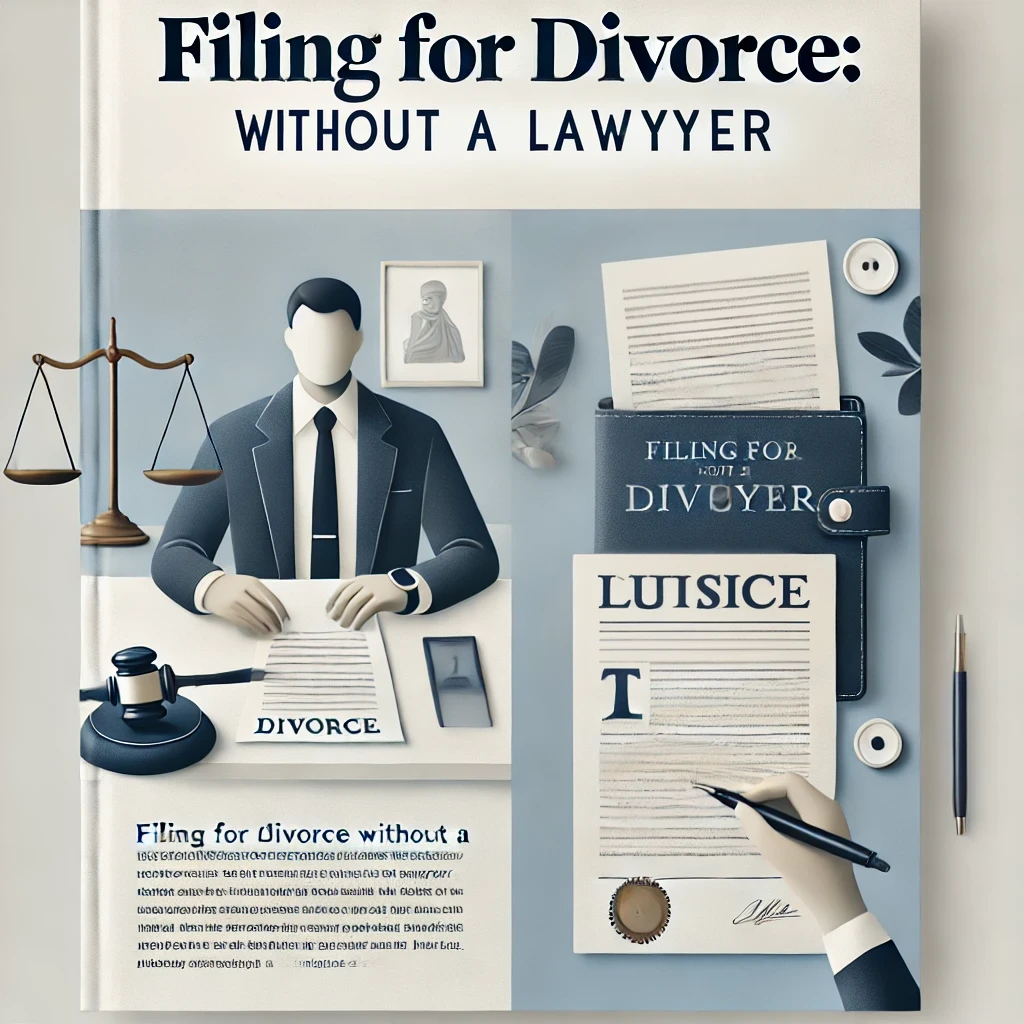
Mastering the Art of Responding to Unfair Performance Reviews
Understanding the Impact of Unfair Reviews
Performance reviews are a staple in the workplace, designed to provide constructive feedback and foster professional growth. However, when these evaluations are perceived as unfair, they can lead to frustration, a decline in morale, and even legal repercussions. Unfair performance reviews can stem from personal biases, lack of clear metrics, or miscommunication, leaving employees feeling undervalued and confused. This comprehensive guide will equip you with the tools to effectively respond to such reviews, assert your rights, and enhance your professional standing, all while navigating the sensitive dynamics of workplace relationships.
Key Takeaways
- Know Your Rights
- Stay Calm and Collected
- Document Everything
- Communicate Effectively
- Seek Support
Understand the legal implications surrounding performance reviews and your rights as an employee.
Maintain professionalism when responding to reviews, focusing on facts rather than emotions.
Keep detailed records of your performance and any feedback received to support your case.
Use clear, concise language when addressing the review, ensuring your points are well-structured.
Consider enlisting the help of HR or a legal consultant if the situation escalates.
Step-by-Step Guide to Responding
- Step 1: Gather Documentation
- Step 2: Analyze the Feedback
- Step 3: Prepare Your Response
- Step 4: Request a Meeting
- Step 5: Present Your Case
- Step 6: Follow Up
- Step 7: Know When to Escalate
Collect all relevant documents related to your performance, including previous reviews, emails from supervisors, and any performance metrics. This will provide a foundation for your response.
Critically evaluate the feedback you've received. Identify specific areas that seem unjust and prepare examples that demonstrate your actual performance.
Draft a well-structured response that addresses the points raised in the review. Use a calm and professional tone, focusing on facts rather than emotions.
Arrange a meeting with your supervisor or HR to discuss your review. This is an opportunity to present your case directly and clarify any misunderstandings.
During the meeting, present your documentation and articulate your points clearly. Be respectful but assertive, ensuring that your perspective is heard.
After the meeting, send a follow-up email summarizing your discussion and any agreed-upon next steps. This reinforces your position and keeps a formal record of the interaction.
If the situation does not improve, consider escalating the matter within the company or seeking legal advice. Understand your rights and options to ensure your concerns are addressed.
Legal Insights and Potential Pitfalls
When dealing with unfair performance reviews, it's crucial to be aware of the legal landscape surrounding employment assessments. Employees have rights under various federal and state laws, including protection against discrimination and retaliation. For example, the Equal Employment Opportunity Commission (EEOC) enforces laws against workplace discrimination based on race, color, religion, sex, national origin, age, disability, and genetic information. If you believe your performance review is tied to any form of discrimination, documenting your case becomes even more critical. Additionally, consider the implications of defamation; if the review includes false information that harms your reputation, you may have grounds for a defamation claim. A landmark case, *Meyer v. University of Kansas*, highlighted the importance of fair evaluations and the legal ramifications of biased performance reviews. Understanding these legal nuances can empower you to take appropriate action and safeguard your career.

Real-World Examples
- Case Study 1: The Unjust Review
- Case Study 2: Legal Action Taken
Jane, a marketing manager, received her annual performance review filled with vague criticisms and unfounded claims about her work ethic. Feeling demoralized, she meticulously documented her projects, feedback from clients, and previous positive reviews. After a meeting with her supervisor to discuss her concerns, Jane presented her documented evidence, which helped clarify misunderstandings and resulted in a revised, fairer evaluation.
Tom, an IT specialist, faced a performance review that he felt was racially biased. After gathering substantial evidence, including emails and witness statements, he approached HR. When his concerns were dismissed, he sought legal counsel. His case brought to light issues of discrimination within the company, ultimately leading to a settlement and changes in the performance evaluation process. This case emphasizes the importance of understanding legal rights and taking appropriate action.
FAQs
- What should I do if my performance review seems biased?
- Can I challenge a performance review legally?
- How can I improve my performance reviews in the future?
- What if my employer retaliates after I contest a review?
- Is it worth pursuing a legal case over a performance review?
Start by documenting specific instances that support your claim. Request a meeting with your supervisor or HR to discuss your concerns. Present your evidence calmly and professionally, and seek constructive dialogue.
Yes, if you believe the review violates your rights (e.g., discrimination), you can challenge it legally. Consult with a legal professional to understand your options and the best course of action.
Seek regular feedback from your supervisor, set measurable goals, and maintain open communication. Document your achievements and challenges to provide context during reviews.
Retaliation is illegal under employment law. If you experience negative repercussions after contesting a review, document the incidents and consider seeking legal advice to address the situation.
It depends on the circumstances. An evaluation that significantly harms your career due to discriminatory practices may warrant legal action. Weigh the potential outcomes with a legal consultant to make an informed decision.
Additional Resources
For more information on employment law and handling unfair performance reviews, consider reaching out to organizations such as the Equal Employment Opportunity Commission (EEOC) or the Society for Human Resource Management (SHRM). Legal professionals like Lex Harper can also provide tailored advice specific to your situation.
Key Takeaways
Unfair performance reviews can be devastating both personally and professionally. However, by understanding your rights, documenting your performance, and communicating effectively, you can navigate these challenges. Always approach the situation with professionalism and clarity, and do not hesitate to seek legal counsel if necessary. Remember, you are your best advocate, and taking proactive steps can help you reclaim your narrative in the workplace.
Take Control of Your Career Today
If you're facing an unfair performance review and are unsure how to proceed, contact Lex Harper for expert legal consultation tailored to your needs. Visit our website or call us today to empower your career journey!





Comments